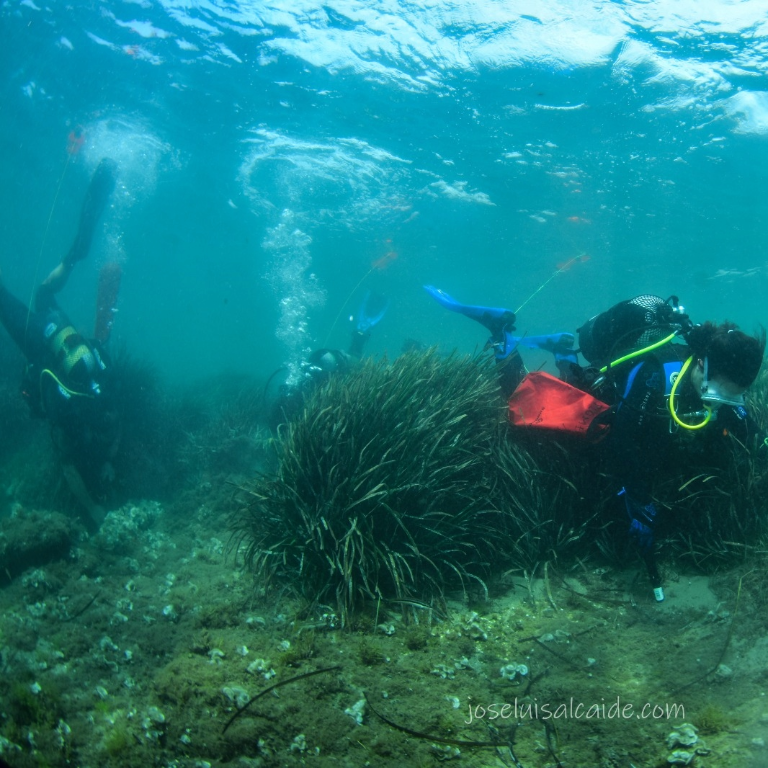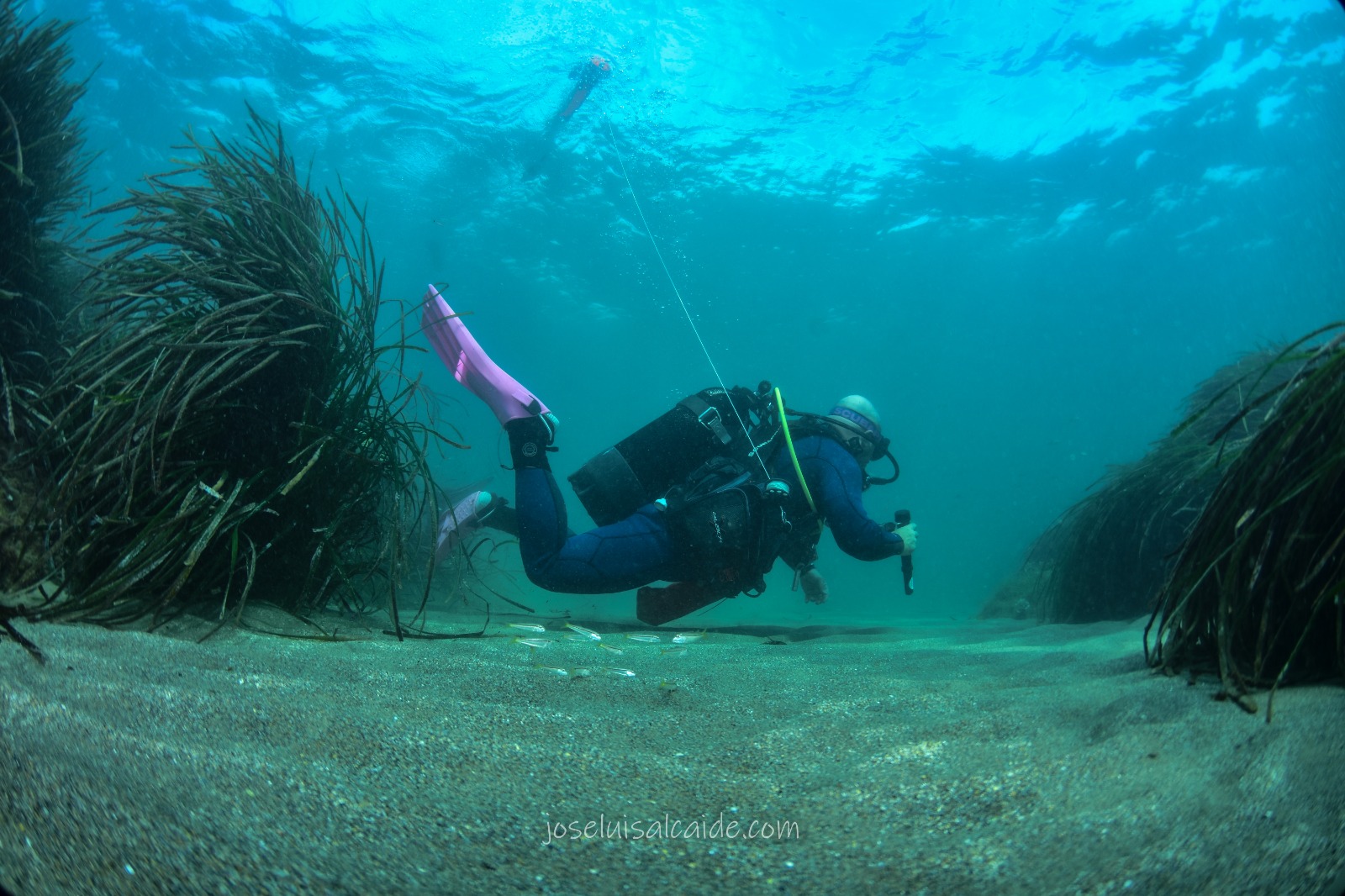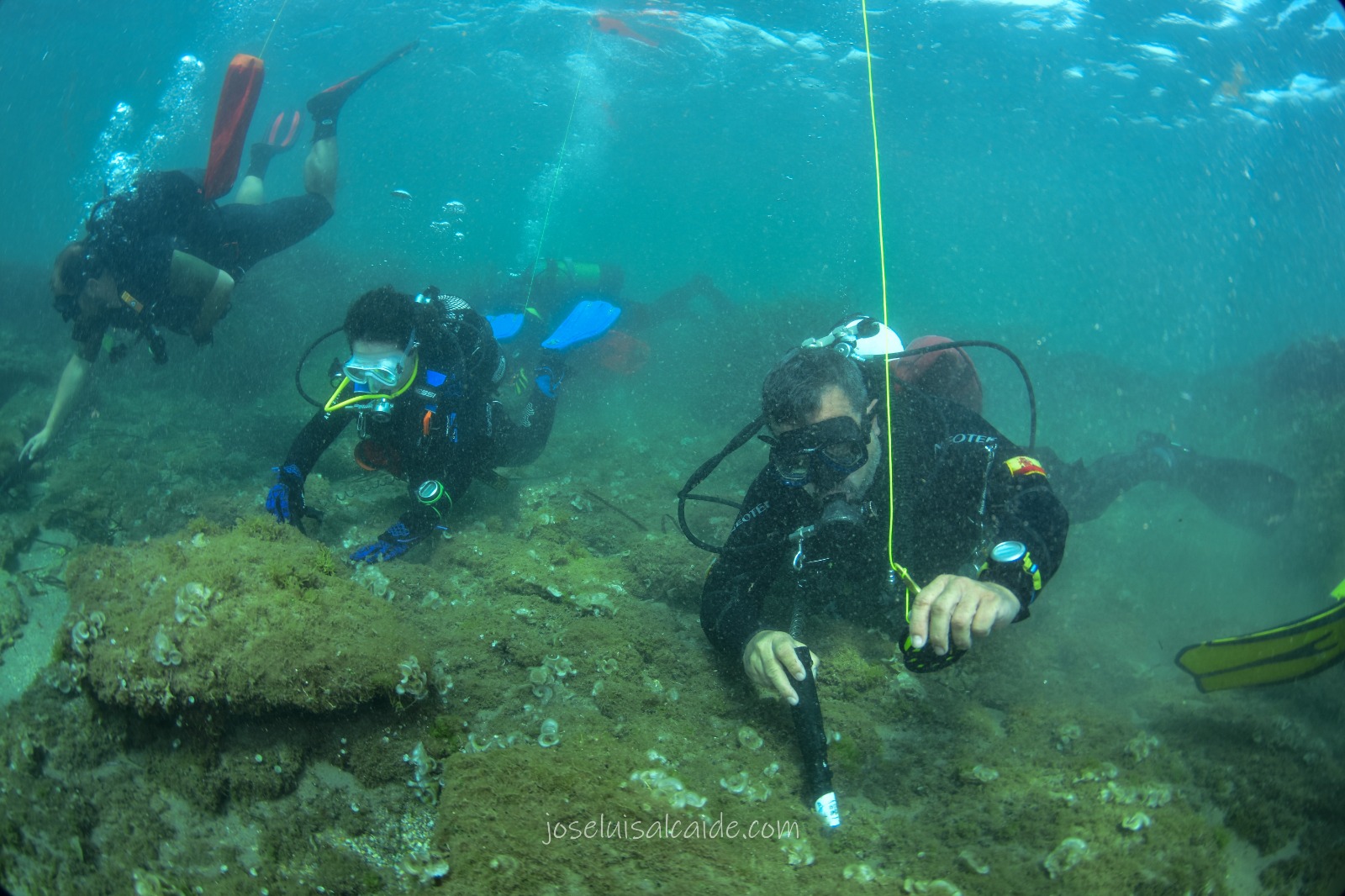


Lecture time: 3 minutes
The project led by TM Real Estate Group, in collaboration with the Spanish Red Cross and the Hippocampus Association, has carried out 45 actions across the Spanish Mediterranean region, mobilising more than 1,600 people over the past year.
Madrid, 11 February 2025 – TM Real Estate Group, a leading Alicante-based company in residential, hotel, and holiday tourism, specialising in the development and construction of homes along the Mediterranean coast and the Caribbean, implemented a total of 45 initiatives throughout 2024 as part of its “Responsible Mediterranean” project. This initiative, developed in collaboration with the Spanish Red Cross and the Hippocampus Association, has led to the removal of over 5,300 kilos of waste from beaches and seabeds in various Mediterranean locations, with the participation of more than 1,600 people.
The project was launched in September 2023 with the signing of an agreement between Mª del Mar Pageo, President of the Spanish Red Cross; José Luis Alcaide, President of the Hippocampus Association; and Ángeles Serna, President of TM Real Estate Group. Its goal is to protect the Mediterranean Sea through research, awareness, and direct action.

The project is structured around three key areas:
Research and knowledge: Studies have been conducted on the types of waste found on beaches and in the sea, following the protocol set by the Ministry for Ecological Transition (MITECO). Additionally, around thirty dives have been carried out to monitor the population of the Mediterranean seahorse, an endangered species.
Awareness and education: A series of ten educational workshops have been held for children, young people, and the general public, addressing marine waste issues, the role of oceans in the ecosystem, and the importance of a circular economy. Furthermore, guided underwater tours have been organised to showcase the biodiversity of the Mar Menor, Europe’s largest saltwater lagoon.
Action and participation: Various beach clean-up and recycling events have been organised, engaging stakeholders from the three collaborating organisations. A key highlight is the Plumbum initiative, a pioneering project aimed at removing lead contamination from the seabed.
Ángeles Serna, President of TM Real Estate Group, emphasised that “the results from the first year of ‘Responsible Mediterranean’ strengthen our commitment to research, education, and the preservation of the Mediterranean Sea. This initiative aligns with the climate action strategy within our Corporate Responsibility Master Plan, which guides our ESG strategy to create real value for the communities in which we operate and their stakeholders. At TM, we firmly believe in driving projects that generate a significant positive impact on the environment, society, and good governance, and this partnership is achieving that impact.”
María del Mar Pageo Giménez, President of the Spanish Red Cross, highlighted that “the results from the first year of ‘Responsible Mediterranean’ reaffirm our dedication to protecting the Mediterranean. We have mobilised hundreds of people through clean-up activities, awareness campaigns, and citizen science initiatives along the coasts of Málaga, Almería, Alicante, Murcia, and Mallorca.
We have cleaned beaches, classified waste, and analysed microplastics, but, most importantly, we have raised awareness about the impact of human actions on the marine environment. Public participation and the commitment of Red Cross volunteers have been key to making this project possible.
This is only the beginning of a journey that requires ongoing commitment, cooperation, and a cultural shift towards a more sustainable model of development. At the Spanish Red Cross, we will continue strengthening our efforts to achieve a cleaner and healthier Mediterranean.”
José Luis Alcaide, President of the Hippocampus Association, stressed that “the preservation of marine ecosystems is crucial for the habitats and species that depend on them. Knowledge and education are fundamental pillars in safeguarding these environments. We are incredibly proud of the results achieved in this phase of the project, which has been made possible thanks to our volunteers and partners. Ensuring a sustainable future for our seas and oceans is a responsibility we all share.”
